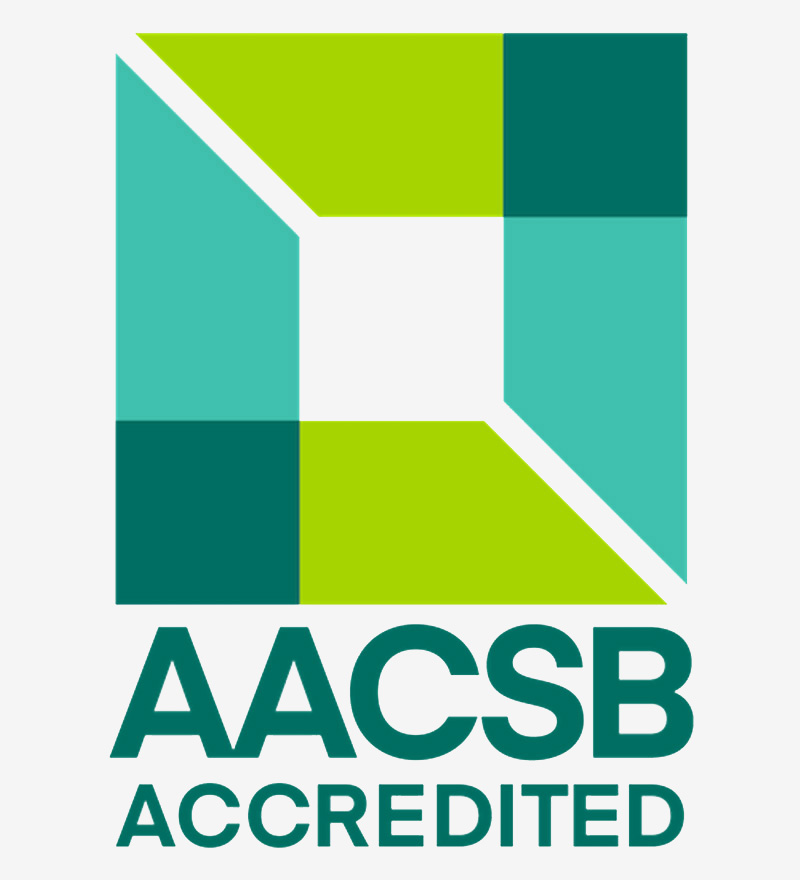As a graduate of this course, equipped with both advanced technical knowledge and a critical understanding of contemporary practices within digital technologies—particularly blockchain, distributed ledger technologies, and other emerging digital innovations—you will be prepared to meet current and future industry needs.
You will have the skills you need to apply relevant digital economy concepts, principles, theories to contribute to strategic organisational goals, as well as the ability to analyse and evaluate digital strategies and solutions to resolve complex problems, drawing on solutions from both theoretical frameworks and contemporary practice.
Core professional skills will enable you to use reasoned judgment to address and solve various business and technology-related problems, considering ethical, regulatory, and global perspectives. Your adaptive and collaborative approach to work will allow for effective teamwork in various professional and intercultural contexts, and your highly-developed communication skills will enable you to explain complex concepts to both specialist and non-specialist audiences. You will also learn to reflect on feedback to identify and implement strategies for professional improvement, as part of your commitment to lifelong learning and development.





